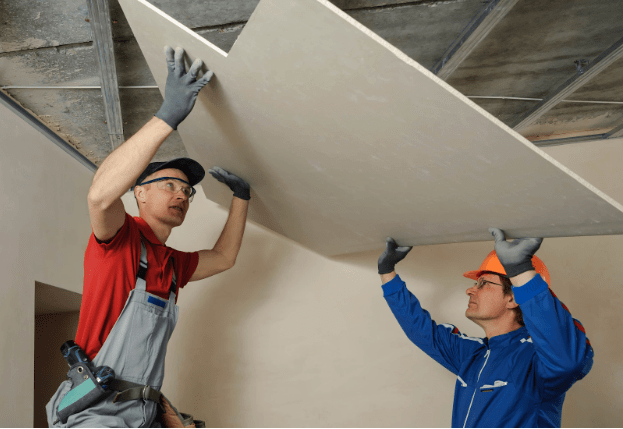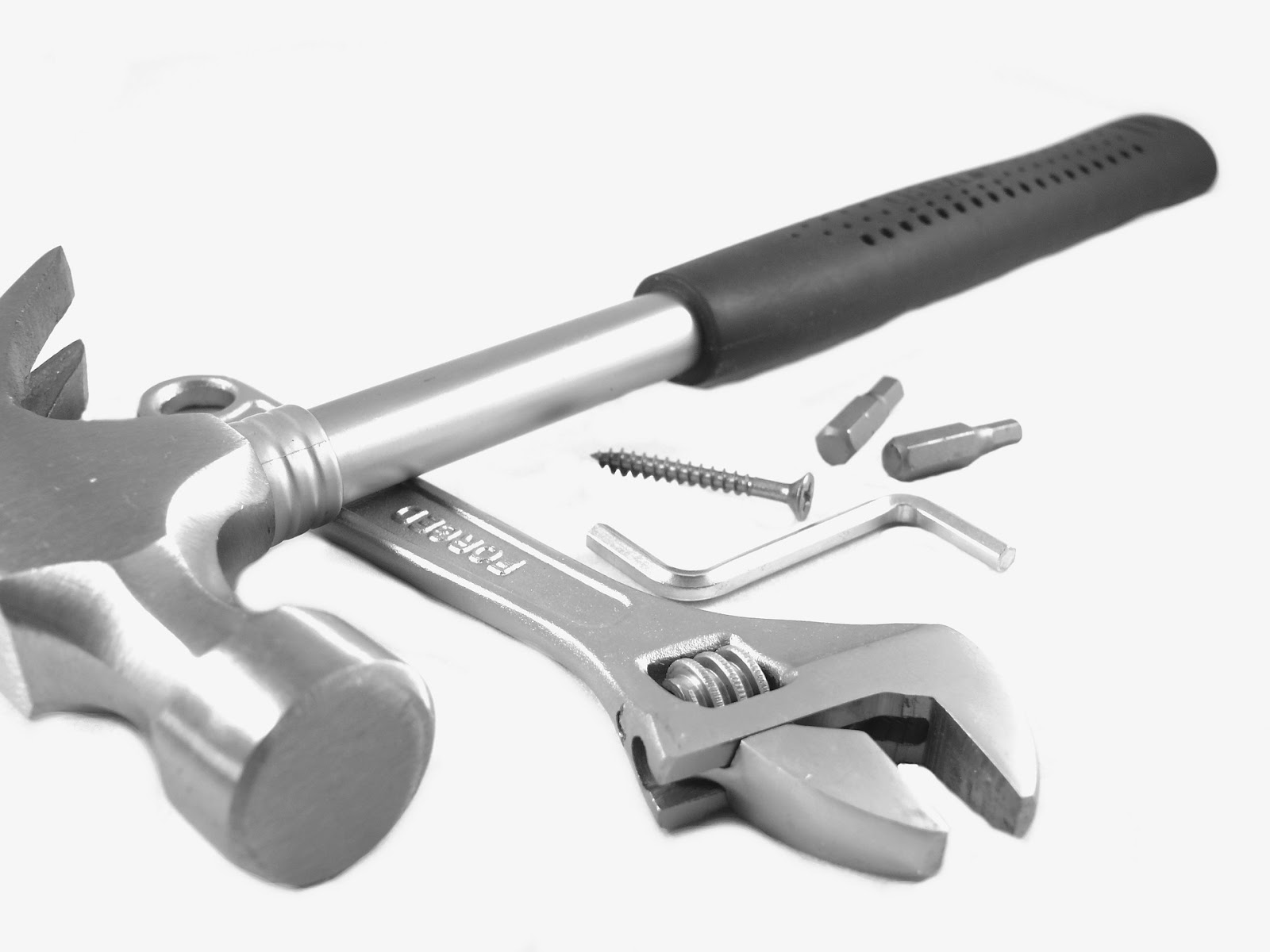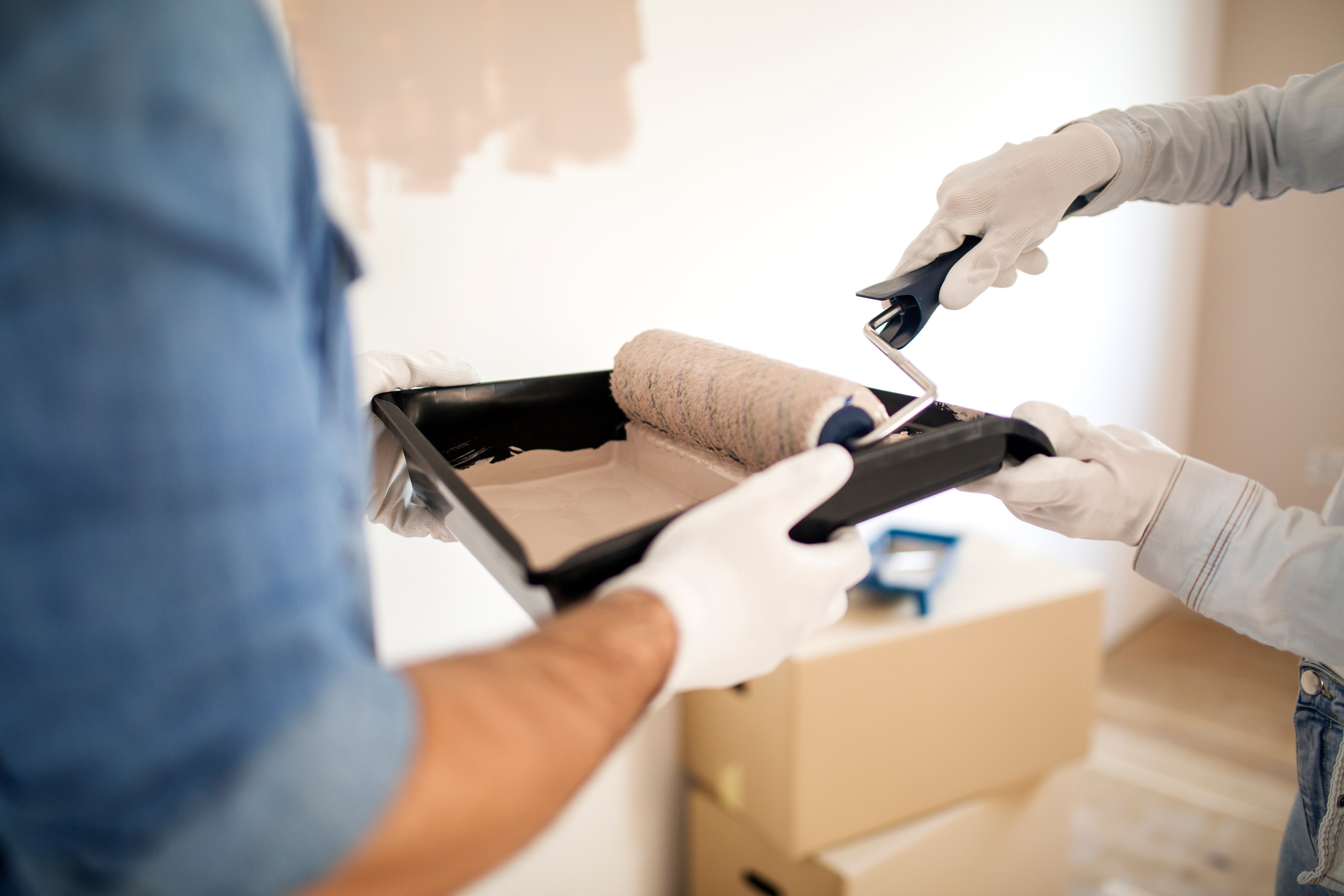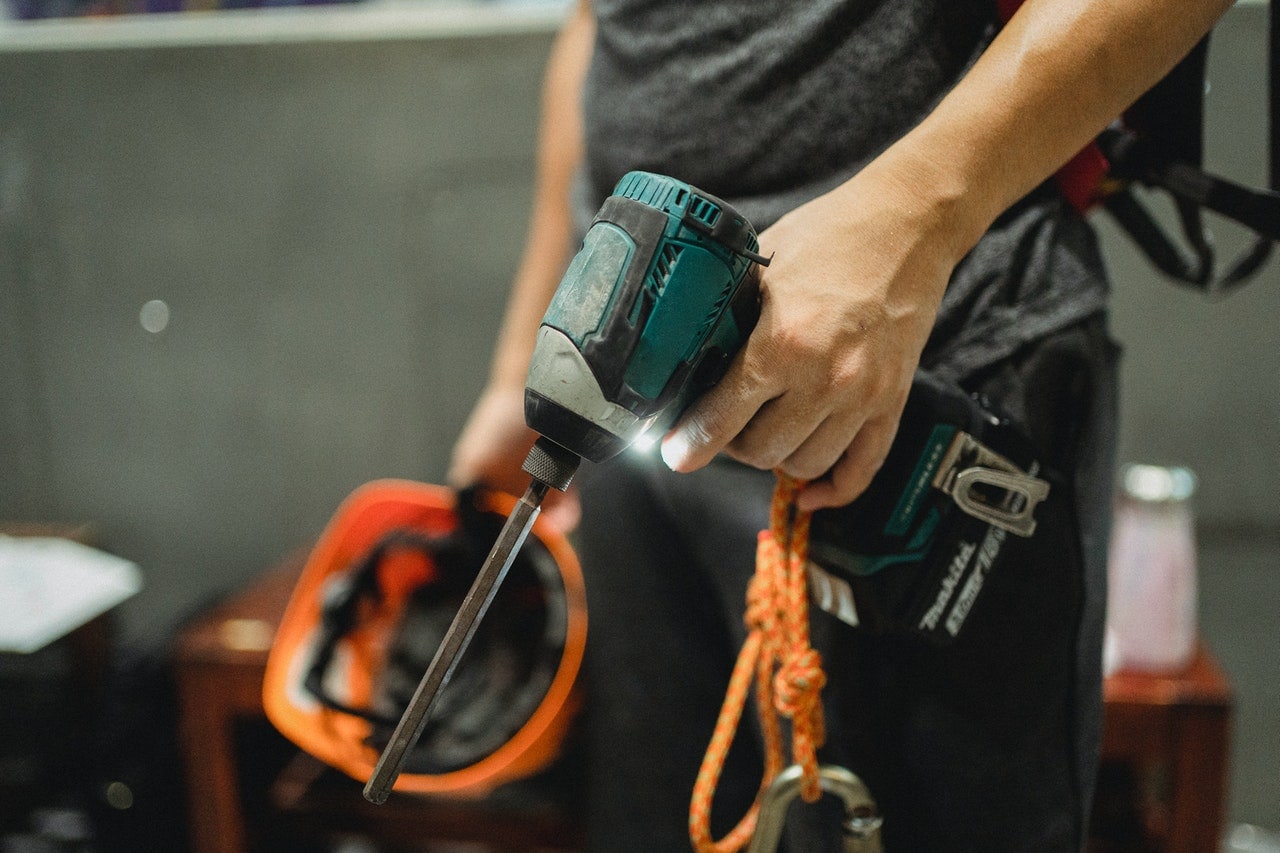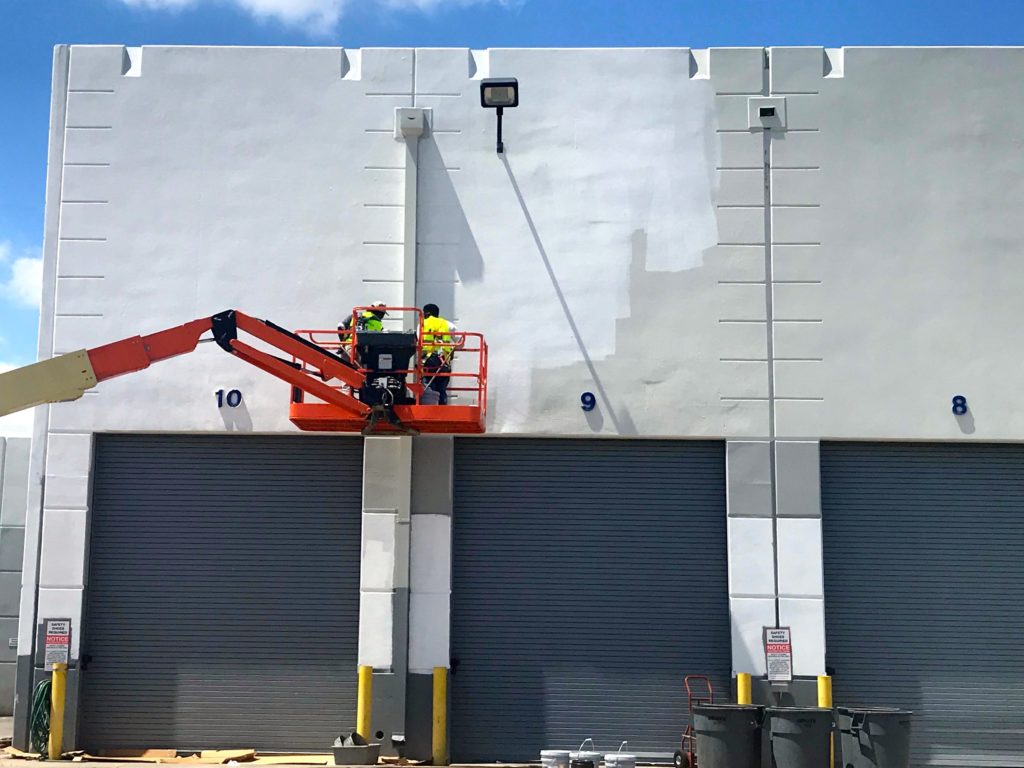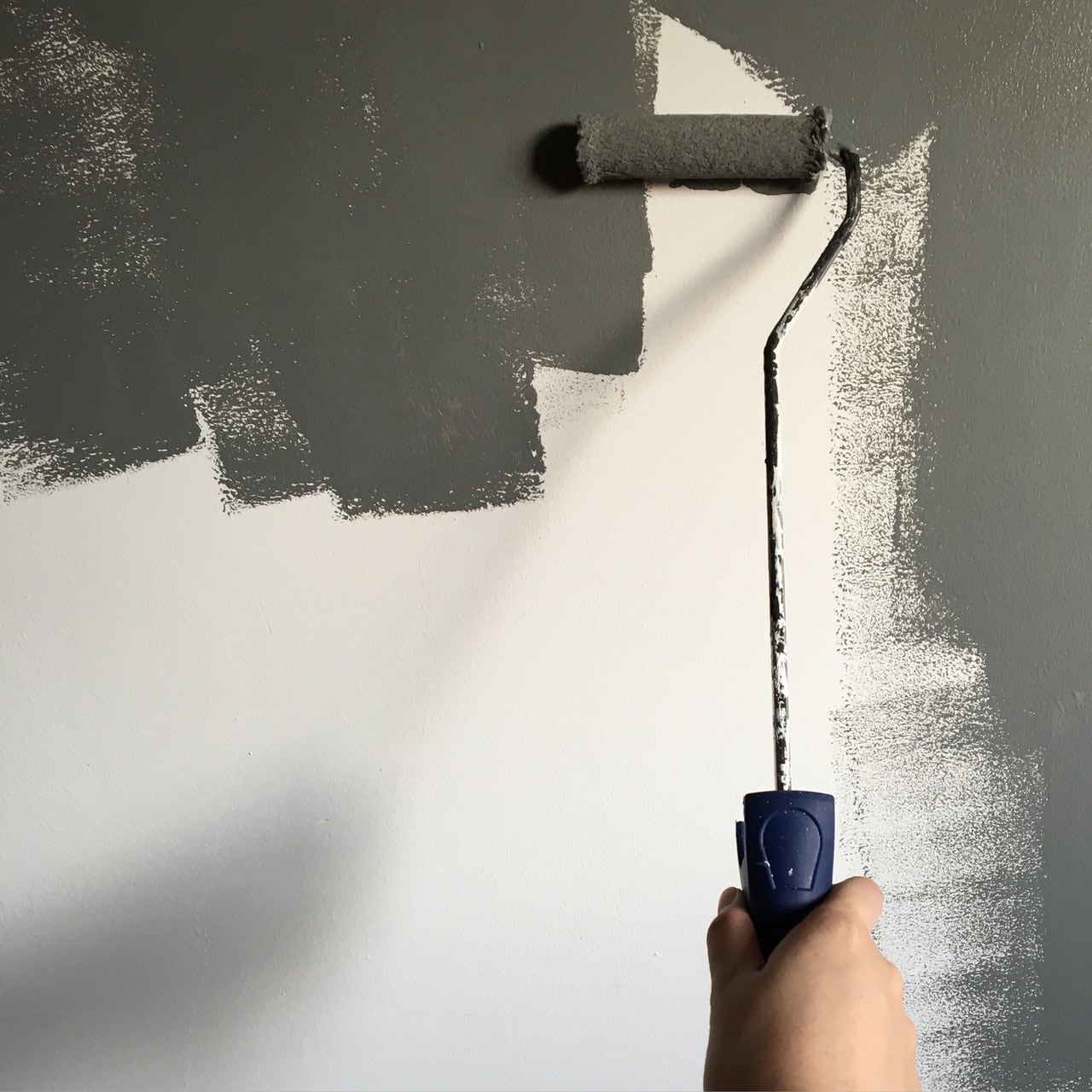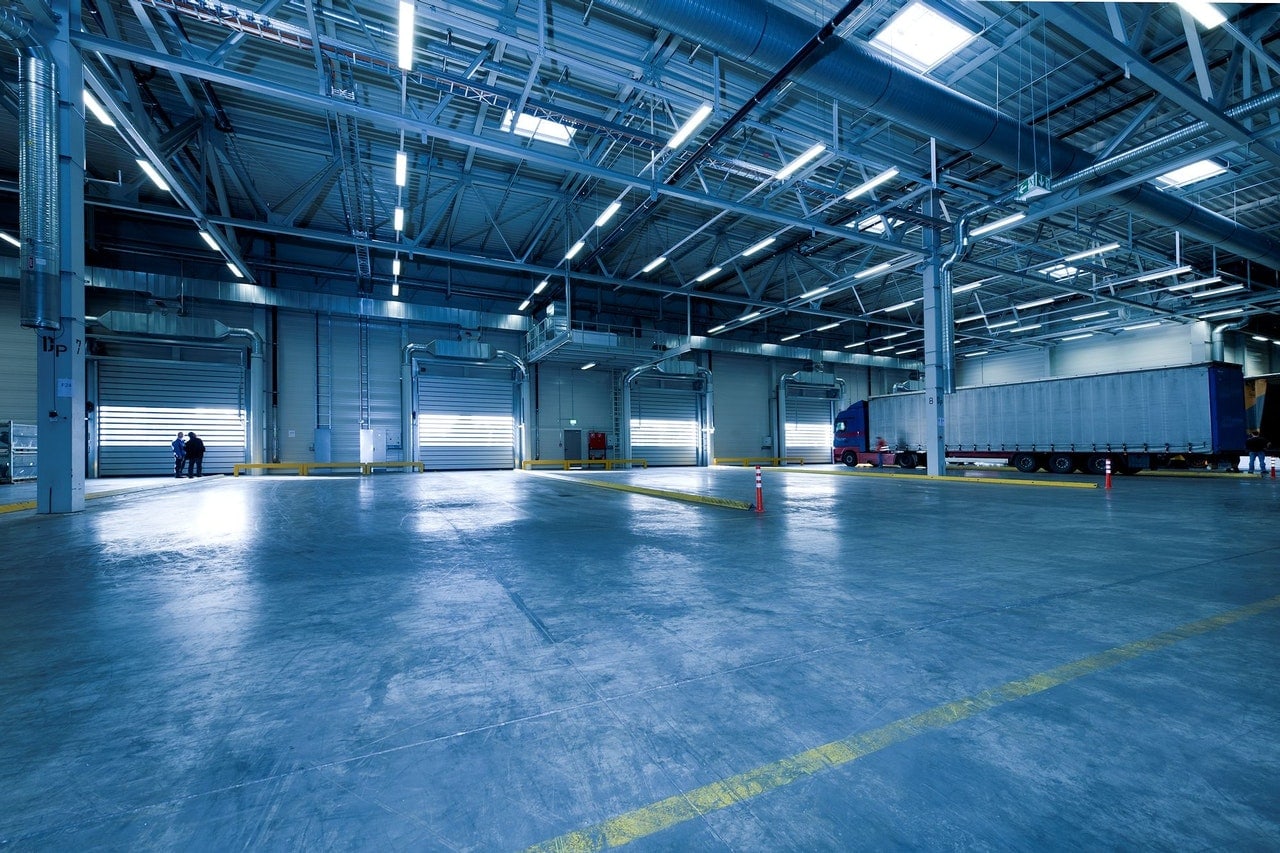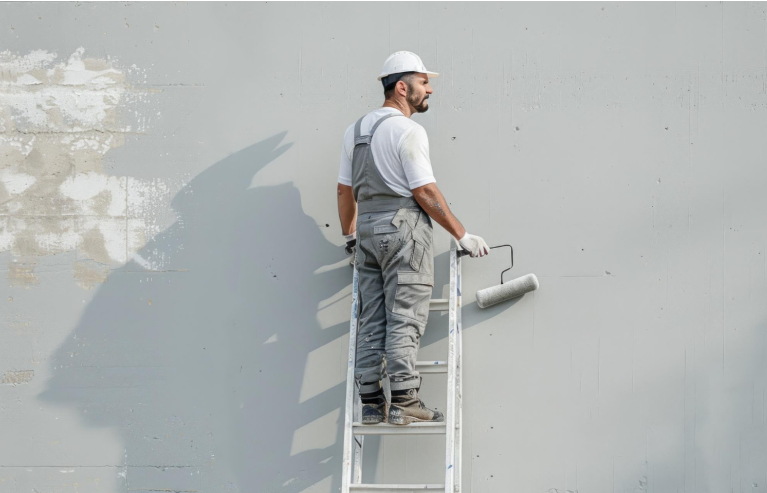If you’ve been around for a summer in Dallas, you know firsthand how humid it can get in July. While Dallas isn’t an area typically prone to hurricanes, the excess moisture in the air can be hard on drywall just the same. If drywall is hung when it is too humid, the joint compound may not dry properly, leaving you with unsightly gaps at the joints.
Even if drywall has been installed perfectly, humidity can have a devastating effect on the lifespan of standard drywall. When moisture is given a chance to build up, it can create pockets of moisture that can lead to mold or mildew growth. Drywall can even start to decompose, become warped, or flake away if not properly cared for.
Since you wouldn’t want the hassle of getting new drywall every couple of years or even having to patch it occasionally, it may be in your best interest to consider using moisture-resisting drywall for your project. Moisture-resistant drywall is sometimes referred to as greenboard or cement board.
This drywall option lacks the paper backing that can absorb moisture as well as being coated with a special solution to create a moisture barrier, giving the drywall a longer lifespan in areas where it is exposed to high humidity. It is always recommended to use this moisture-resistant drywall in bathrooms, but it may be a good idea to consider it for your whole home.
If you are having your contractor install drywall on the ceiling, make sure they are certified and using the correct materials to avoid a situation like spontaneous ceiling collapse, which happens if a ceiling has been installed with nails instead of screws combined with high humidity and shifting of the foundation common in the Dallas area.
